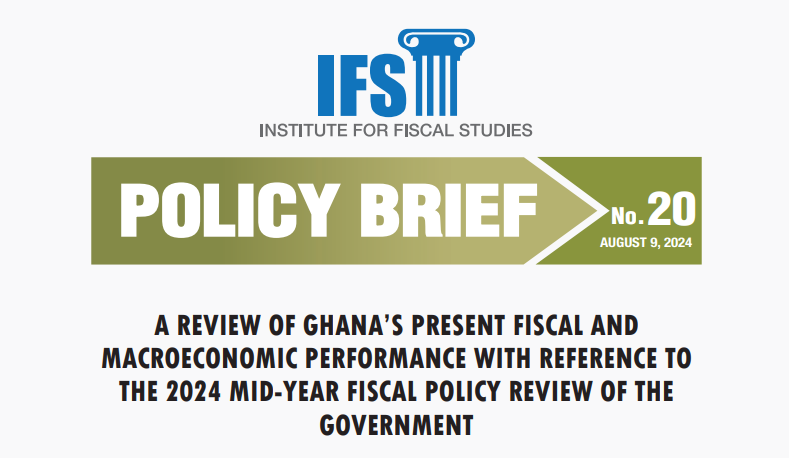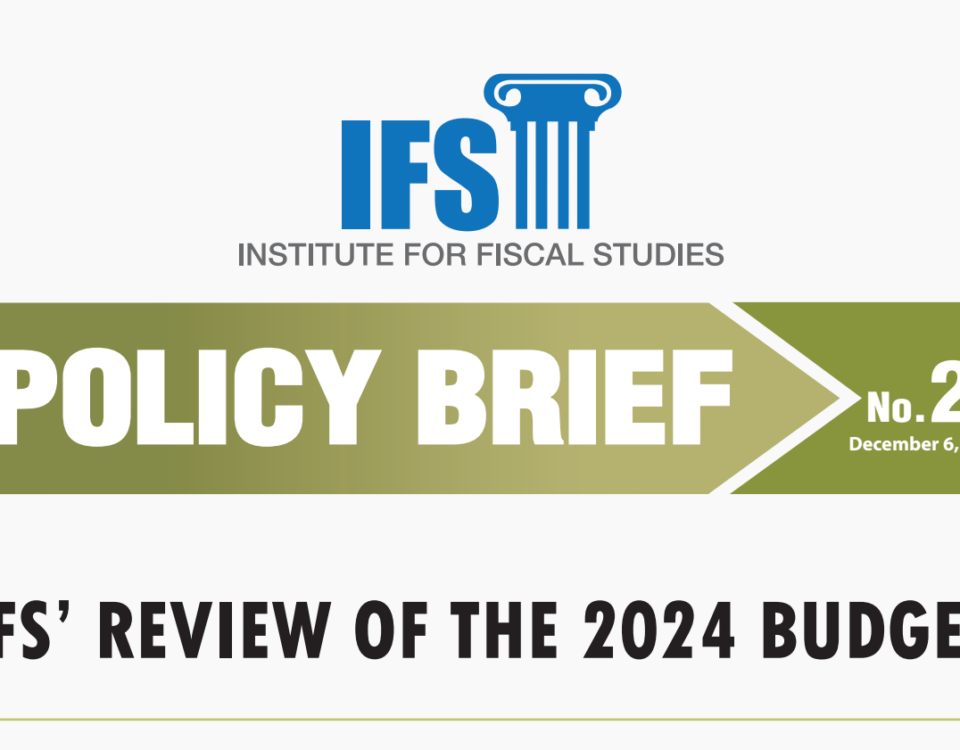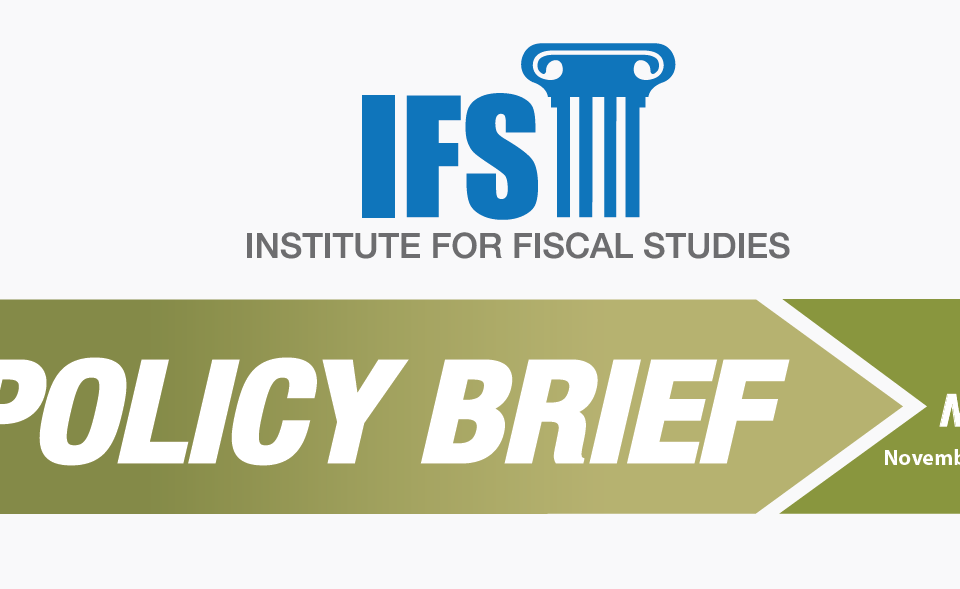POLICY BRIEFS
August 18, 2024
Ghana’s recent macroeconomic state has been dire. In the first quarter of 2022, the country suffered a series of international credit-rating downgrades, prompted by sharply deteriorating fiscal outcomes. This shut Ghana out of the international bond market, hitherto a key source of budget and balance-of-payments financing. Following the loss of bond market access, the balance of payments erupted into crisis. From December 2021 to June 2022, the overall balance of payments position worsened from a US$500 million surplus to a US$2.5 billion deficit, thus indicating a deterioration of US$3.0 billion in just six months. This caused the stock of foreign […]
Do you like it?
January 5, 2024
In mid-November, the government tabled the 2024 budget statement within the context of the three-year IMF program that Ghana formally adopted in May 2023, which seeks to address the present fiscal and macroeconomic crises. Since the program’s adoption, macroeconomic conditions have seen some improvement, with year-on-year inflation declining to 35.2% in October 2023 after peaking at 54.1% in December 2022. The volatility of the cedi depreciation against foreign currencies has also eased, while some calm has returned to the financial sector after the government completed its domestic debt restructuring exercise. Nevertheless, the economy is not out of the woods, as […]
Do you like it?
October 27, 2023
The mid-year review of the 2023 budget statement presented to Parliament by the government of Ghana at the end of July 2023 provided, among other things, a critical update on the government’s fiscal policy performance in 2022 and the first half of 2023. It also revised budget estimates for 2023 to reflect happenings in the first half of the year and to align key fiscal targets to the IMF program secured in May 2023. In this brief paper, we critically analyze the mid-year budget, focusing on the reported fiscal outcomes for 2022 and the first half of 2023 and the […]
Do you like it?
June 15, 2023
The Ghanaian economy has been in crisis since 2022. In addition to the government struggling to pay its bills and service its debts, the macroeconomy has been volatile, with extremely high inflation and exchange rate depreciation rates, while business confidence has been weakening and economic growth has been falling. For example, year-on-year consumer price inflation rate, which respectively averaged 9.9% and 10.0% in 2020 and 2021, and which stood at 12.6% at the end of 2021, jumped to as high as 29.8% in June 2022. By the end of December 2022, the year-on-year consumer price inflation rate had skyrocketed to a whopping 54.1%. Also, annual depreciation rate of the cedi against the US dollar, which respectively stood at only 3.9% and 4.1% in 2020 and 2021, sharply increased to as high as 30.0% in 2022.
Do you like it?
March 3, 2023
The 2023 budget statement delivered to Parliament by the Finance Minister, Ken Ofori-Atta, on 24th November, 2022 came against the backdrop of a raging macroeconomic crisis, which continues to inflict significant economic pain on the citizenry. It was thus expected that the budget would outline strong policy measures and targets that respond appropriately and adequately to the crisis. This assessment examines the extent to which the budget fulfils this need. It also examines the country’s current debt restructuring program, the Debt Exchange Program, and provides recommendations as to how best the government can reshape its policies to achieve better fiscal […]
Do you like it?
August 18, 2022
Finance Minister Ken Ofori-Atta presented the mid-year review of the 2022 budget statement to Parliament on Monday, July 25, 2022. As expected, the review contained revisions to the 2022 macroeconomic forecasts, in light of economic developments since the 2022 budget was announced in November last year. More importantly, it revised the 2022 fiscal projections to take account of budgetary outcomes in the first half of the year, aimed at putting Ghana on a fiscal consolidation path, as a means of addressing the rising macroeconomic instability the country is currently witnessing. Having registered large fiscal deficits in the past decade, which […]
Do you like it?



